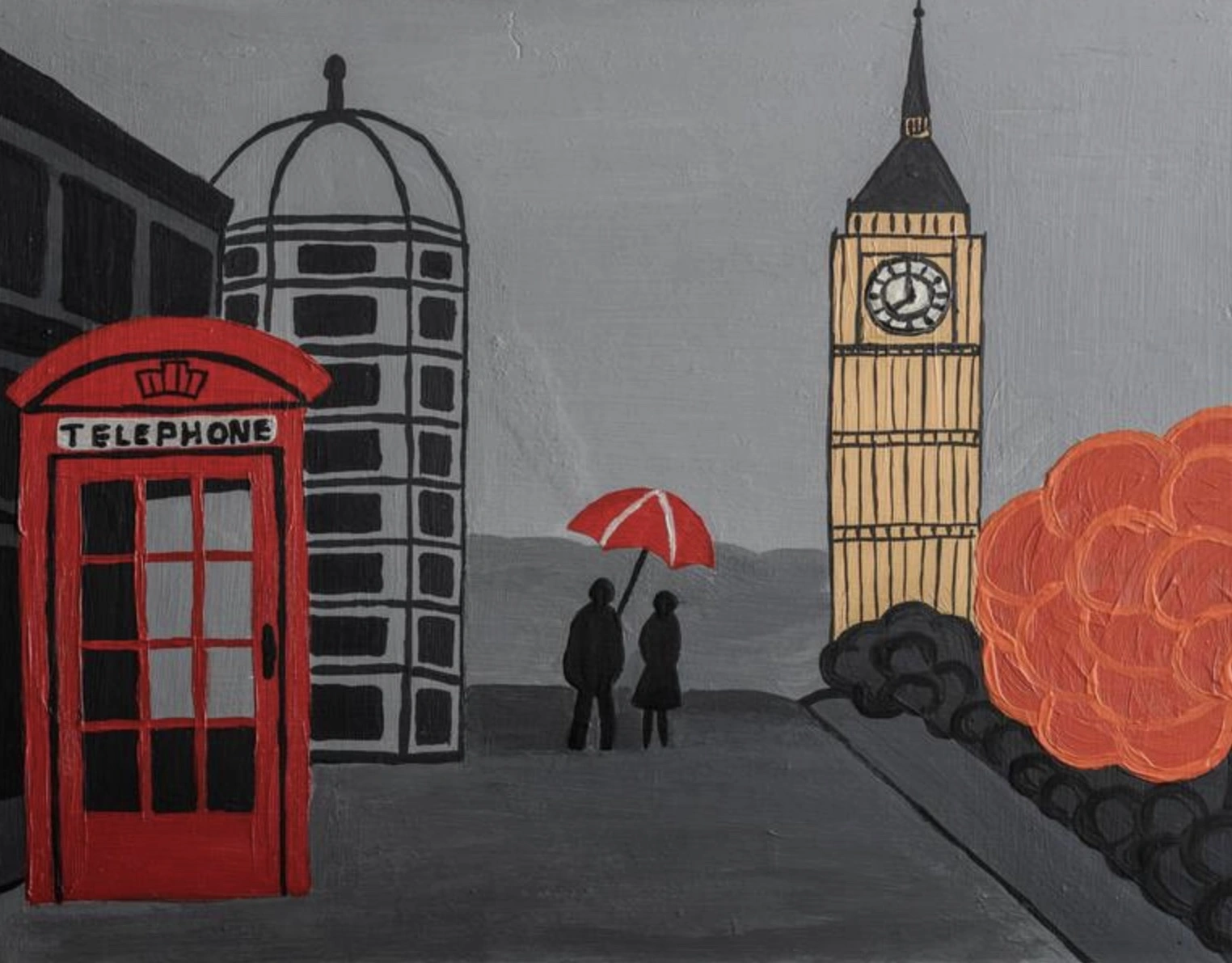Marie-José Demonjoz, a French philosopher and artist, has spent her career unraveling the nuanced and multifaceted concept of “détachement” (detachment). Rooted in existentialist and phenomenological traditions, her exploration of detachment is both philosophical and artistic, bridging the gap between abstract thought and tangible creativity. Demonjoz’s works, whether on canvas or in writing, reflect a deep engagement with what it means to be detached in a world increasingly dominated by attachment, desire, and materialism.
This article delves into Demonjoz’s interpretation of détachement, its roots in French thought, and its relevance to modern life.
The Concept of Détachement
Détachement, or detachment, is a complex and layered idea in both philosophy and art. It suggests a state of letting go—not in the sense of apathy or indifference, but rather as a conscious, mindful act of releasing oneself from unnecessary burdens or attachments.
Philosophical Roots
Demonjoz’s exploration of détachement draws from French existentialism and phenomenology, particularly the works of Simone Weil, Jean-Paul Sartre, and Maurice Merleau-Ponty. For Weil, detachment was a spiritual and ethical practice, a way of transcending self-centered desires to connect with a higher moral purpose. Sartre, on the other hand, viewed detachment as an existential choice, enabling individuals to free themselves from external definitions and embrace authentic freedom.
Demonjoz builds on these traditions, blending them with her unique artistic perspective. She argues that detachment is not about rejecting the world but about approaching it with clarity and intentionality.
Détachement in Modern Life
In today’s hyper-connected, consumer-driven society, détachement offers a counterpoint to the endless pursuit of possessions, validation, and control. Demonjoz emphasizes that detachment is a tool for navigating a world saturated with distractions, allowing individuals to focus on what truly matters—be it relationships, self-awareness, or creative expression.
Art as a Medium for Détachement
For Demonjoz, art is not only a reflection of détachement but also a practice through which it can be cultivated. Her works often juxtapose minimalism with layered textures, encouraging viewers to pause and reflect.
Minimalism and Space
Demonjoz’s minimalist approach to art mirrors the philosophy of detachment. By stripping away excess, her works invite viewers to focus on what remains—the essence of the subject. The empty spaces in her paintings are just as important as the forms, symbolizing the freedom that comes with letting go.
One of her notable series, “Vides et Pleins” (Emptiness and Fullness), uses stark contrasts to depict the balance between holding on and releasing. These pieces resonate with her belief that detachment is not about emptiness but about creating room for deeper connections and understanding.
Texture and Impermanence
In contrast to her minimalist forms, Demonjoz incorporates rough, imperfect textures into her works. These textures represent the impermanence and fragility of life, reminding viewers of the necessity of detachment in a world where nothing lasts forever.
Her painting “Érosion Intérieure” (Inner Erosion) is a powerful example of this approach, depicting a crumbling facade that invites introspection about what lies beneath the surface.
Detachment in Practice: Daily Life Applications
Demonjoz is not content with détachement remaining an abstract philosophical concept. Instead, she advocates for its application in everyday life. Her writings and public talks outline practical steps for cultivating detachment:
Mindful Observation
Practicing awareness without judgment helps individuals understand their attachments and how these influence their choices.
Simplification
Simplifying one’s environment, commitments, and thought processes creates space for clarity and focus.
Creative Expression
Engaging in art, music, or writing fosters a sense of detachment by shifting the focus from outcomes to the process itself.
Letting Go of Control
Accepting uncertainty and relinquishing control over external circumstances are key aspects of détachement.
The Relevance of Détachement in Modern France
In the context of contemporary French culture, where philosophical discussions still hold a significant place, Demonjoz’s work on détachement is particularly relevant. As France grapples with issues like climate change, political polarization, and technological overreach, detachment offers a framework for addressing these challenges with equanimity and intentionality.
A Response to Overload
Modern life often feels overwhelming, with constant demands for productivity, consumption, and connection. Détachement, as Demonjoz presents it, is a way to step back from the chaos and focus on what truly aligns with one’s values.
A Cultural Shift
Demonjoz also sees détachement as a cultural necessity, encouraging a shift away from materialism and toward sustainable living. By letting go of the need for excess, individuals and societies can move toward a more balanced and harmonious existence.
Marie-José Demonjoz: An Artist-Philosopher
Demonjoz’s dual identity as an artist and philosopher allows her to approach détachement from multiple perspectives. Her paintings and installations bring philosophical ideas to life, while her writings provide a theoretical foundation for her artistic practice.
Public Engagement
Demonjoz is a frequent speaker at cultural and academic events in France, where she shares her insights on detachment and creativity. Her workshops, often held in small, intimate settings, encourage participants to explore their own attachments and experiment with letting go through art and mindfulness practices.
Publications
Her book, “Détachement: L’Art de Laisser Aller” (Detachment: The Art of Letting Go), has been widely praised for its accessible and thought-provoking approach to a complex subject. Blending personal anecdotes, philosophical analysis, and practical advice, the book serves as a guide for anyone seeking to embrace detachment in their own lives.
Legacy and Influence
Marie-José Demonjoz’s work has had a profound impact on both philosophical and artistic communities in France. Her unique approach to détachement bridges the gap between thought and action, encouraging individuals to reflect on their own lives and make meaningful changes.
As her influence continues to grow, Demonjoz’s message of detachment resonates more deeply than ever, offering a path to clarity, creativity, and peace in an increasingly complex world.
Final Thoughts
Marie-José Demonjoz’s exploration of détachement is a powerful reminder of the importance of letting go. Through her art, philosophy, and public engagement, she has created a body of work that not only inspires but also equips individuals to navigate the challenges of modern life.
In a world that often feels overwhelming and chaotic, Demonjoz’s message is simple yet profound: by embracing detachment, we can find freedom, focus, and a deeper connection to what truly matters.
No comments yet.








